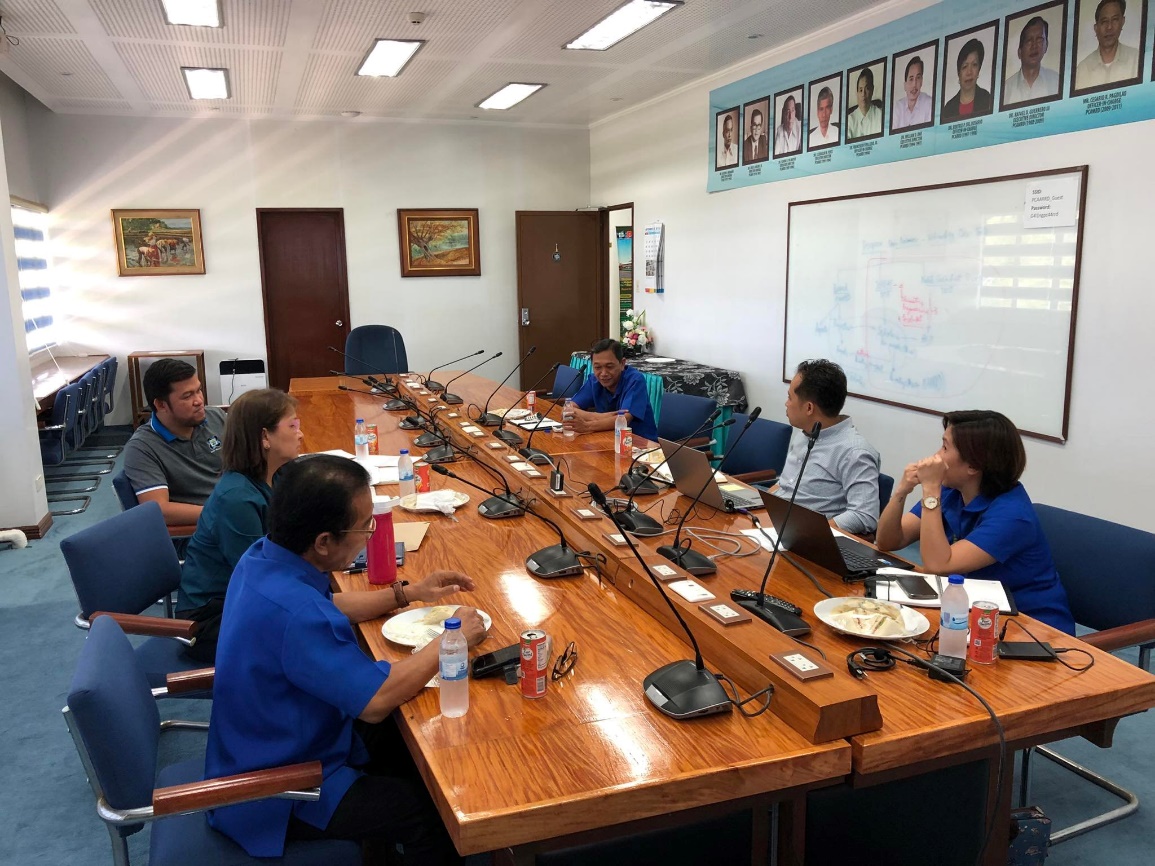A project seeking to take a more comprehensive understanding of the socio-ecological system of managing mangroves was recently approved for government funding.
Home to a diverse flora and fauna, mangroves play a huge role in mitigating climate change through carbon sequestration. They serve as shield against storm surges and tsunamis and provide communities various livelihood opportunities related to fishing, timber collection, and tourism.
However, many coastal communities earn below the poverty line if they depend on fishing alone. It could also lead to natural resource depletion and degradation. Such loss can exacerbate coastal vulnerabilities and poverty if not effectively addressed. To sufficiently respond to this problem, it is important to dissect the key drivers and foundational issues of mangrove mismanagement in relation to local livelihoods.
In response to this, the Philippine Council for Agriculture, Aquatic, and Natural Resources Research and Development of the Department of Science and Technology’s (DOST-PCAARRD) approved the project, “Sustainable Mangroves through Innovations and Livelihood Enhancement Promoting Growth and Climate Resilience (SMILE-Growth).”
The project is conducted by the College of Forestry and Natural Resources of the University of the Philippines Los Baños (UPLB-CFNR). It will primarily focus on selected mangrove-based Community-Based Forest Management (CBFM) areas in Quezon Province.
The CBFM program under the Department of Environment and Natural Resources (DENR) aims to manage the country’s forests along with improving human well-being and ecosystem stability.
SMILE-Growth will examine the socio-ecological and socio-institutional systems of mangrove communities and understand how these lead to sustainable mangrove management. Moreover, it will capture climate change vulnerabilities of people and their livelihoods. With this information, the potential S&T-based livelihood and social enterprise innovations will also be explored. Likewise, strategies for their technology transfer and effective adoption will also be identified.
As a kick-off activity, an inception meeting was conducted last September 26, 2023 to discuss the project details. The project’s activities and deliverables were clarified and refined as well as the workplan of activities. The meeting was attended by Dr. Dixon T. Gevaña, Project Leader from the Forest Development Center of UPLB-CFNR; Director Noel A. Catibog, Director of the DOST-PCAARRD Technology Transfer and Promotion Division (TTPD); and key personnel from the Forestry and Environment Research Division (FERD).

